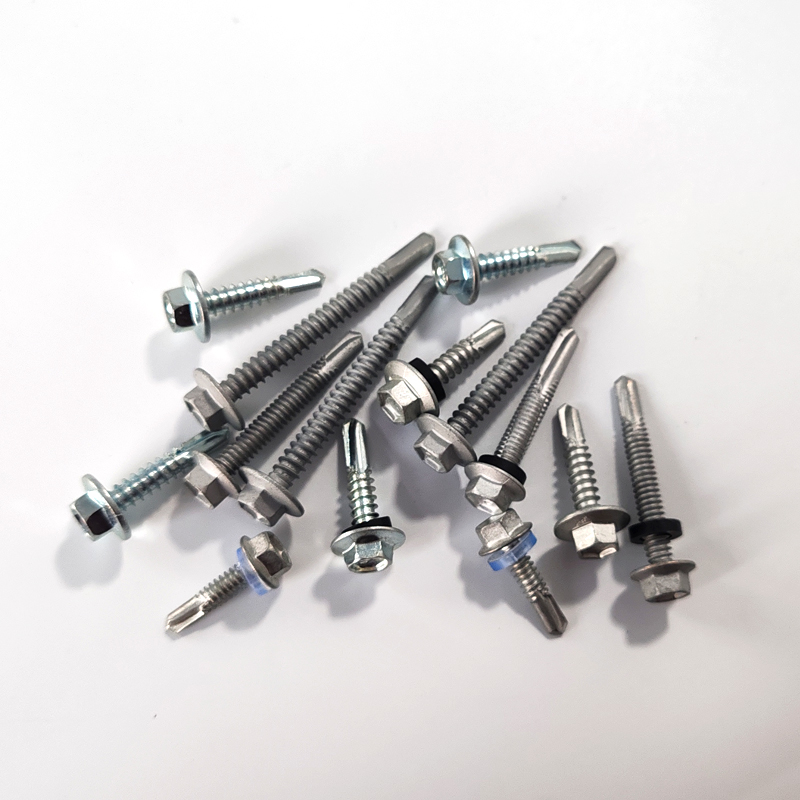foundation bolts types
Understanding Foundation Bolt Types
Foundation bolts are critical components in construction and engineering, providing essential support and stability to structures. They are designed to anchor various structures, such as buildings, bridges, and heavy machinery, to their foundations. This article delves into the different types of foundation bolts, their applications, and important considerations for selecting the right type for specific projects.
Types of Foundation Bolts
1. Straight Foundation Bolts Often used in simple construction scenarios, straight foundation bolts are characterized by their uniform diameter. They typically feature a flat head or a hook at the end to secure structural elements. These bolts are commonly used in residential buildings and light structures. Their straightforward design allows for easy installation and removal, making them a popular choice for various applications.
2. L-Shaped Foundation Bolts Also known as anchor bolts, L-shaped foundation bolts comprise a straight portion and a perpendicular section, resembling the letter L. Their design allows for effective anchoring into concrete and is commonly used in heavy construction projects, such as industrial buildings and bridge supports. The L-shape provides increased resistance to displacement under lateral loads, making them ideal for seismic applications.
3. J-Bolts This type of foundation bolt has a hook at one end, which resembles the letter J. J-bolts are effective for anchoring into concrete slabs and provide secure attachment points for various structures. They are widely used in utility applications, such as attaching guardrails and other safety features. The hooked end ensures a strong hold, especially in environments subject to heavy loads or vibrations.
4. U-Bolts Shaped like a U, these bolts are predominantly used to anchor round objects, such as pipes, to a foundation. The two ends of the U-bolt can be bolted to the foundation, providing a strong grip. U-bolts are found in multiple applications, including construction, automotive, and marine industries. They are particularly useful when dealing with irregularly shaped components that require secure anchoring.
foundation bolts types

5. Expansion Bolts These fasteners work by expanding inside a pre-drilled hole in concrete or masonry. They consist of a bolt and a sleeve that expands when a nut is tightened. Expansion bolts are perfect for applications where a strong hold is necessary, such as in heavy machinery installations or structural supports in buildings. They provide excellent holding power and are resistant to shear forces and vibrations.
Selecting the Right Foundation Bolt
Choosing the appropriate foundation bolt involves considering several factors, including load-bearing capacity, environmental conditions, and the materials of the structure being anchored. The size, length, and coating of bolts can also affect performance and longevity. For instance, in corrosive environments, galvanized or stainless steel bolts may be necessary to prevent rust and degradation.
Another vital consideration is the installation method. Some foundation bolts require specific positioning and alignment during installation to ensure optimal load distribution. Therefore, consulting with structural engineers during the design phase is crucial for ensuring that the selected bolt type meets safety and performance standards.
Conclusion
Foundation bolts play an essential role in the stability and safety of various structures. With multiple types available, each serving specific functions and applications, understanding their characteristics is vital for successful construction projects. Advanced knowledge facilitates better decision-making in selecting the right type of foundation bolt, ensuring that structures can withstand the test of time and environmental pressures.
-
Weatherproof Plastic Expansion Anchors for OutdoorNewsJun.06,2025
-
Sustainability in the Supply Chain: Eco-Friendly TEK Screws ProductionNewsJun.06,2025
-
Load-Bearing Capacity of External Insulation FixingsNewsJun.06,2025
-
Double Head Bolts: Enhancing Efficiency in Industrial MachineryNewsJun.06,2025
-
Corrosion Resistance in Chipboard Screws: Coatings for Wholesale DurabilityNewsJun.06,2025
-
Butterfly Toggle Bolts : Enhancing Structural ResilienceNewsJun.06,2025
